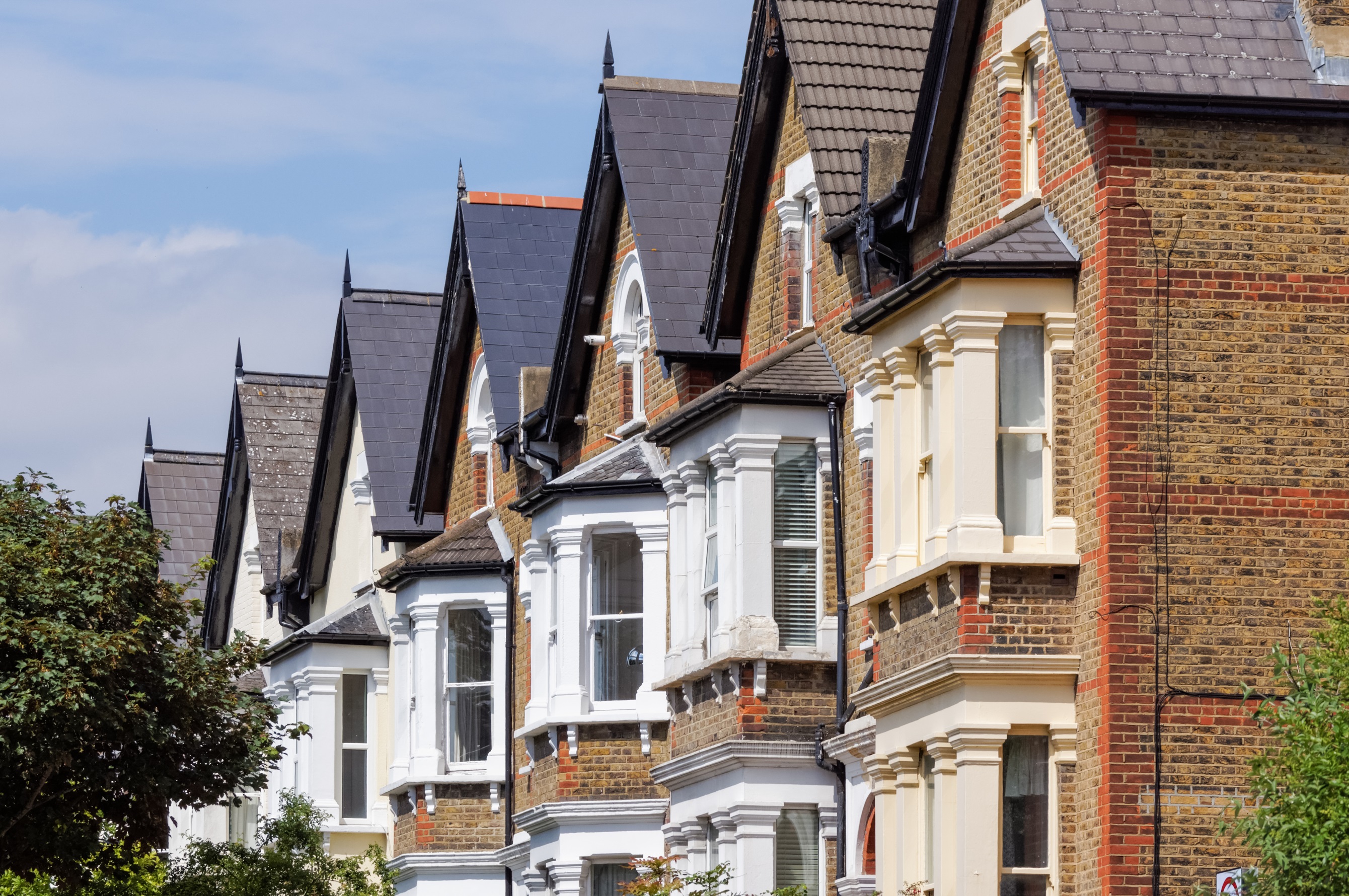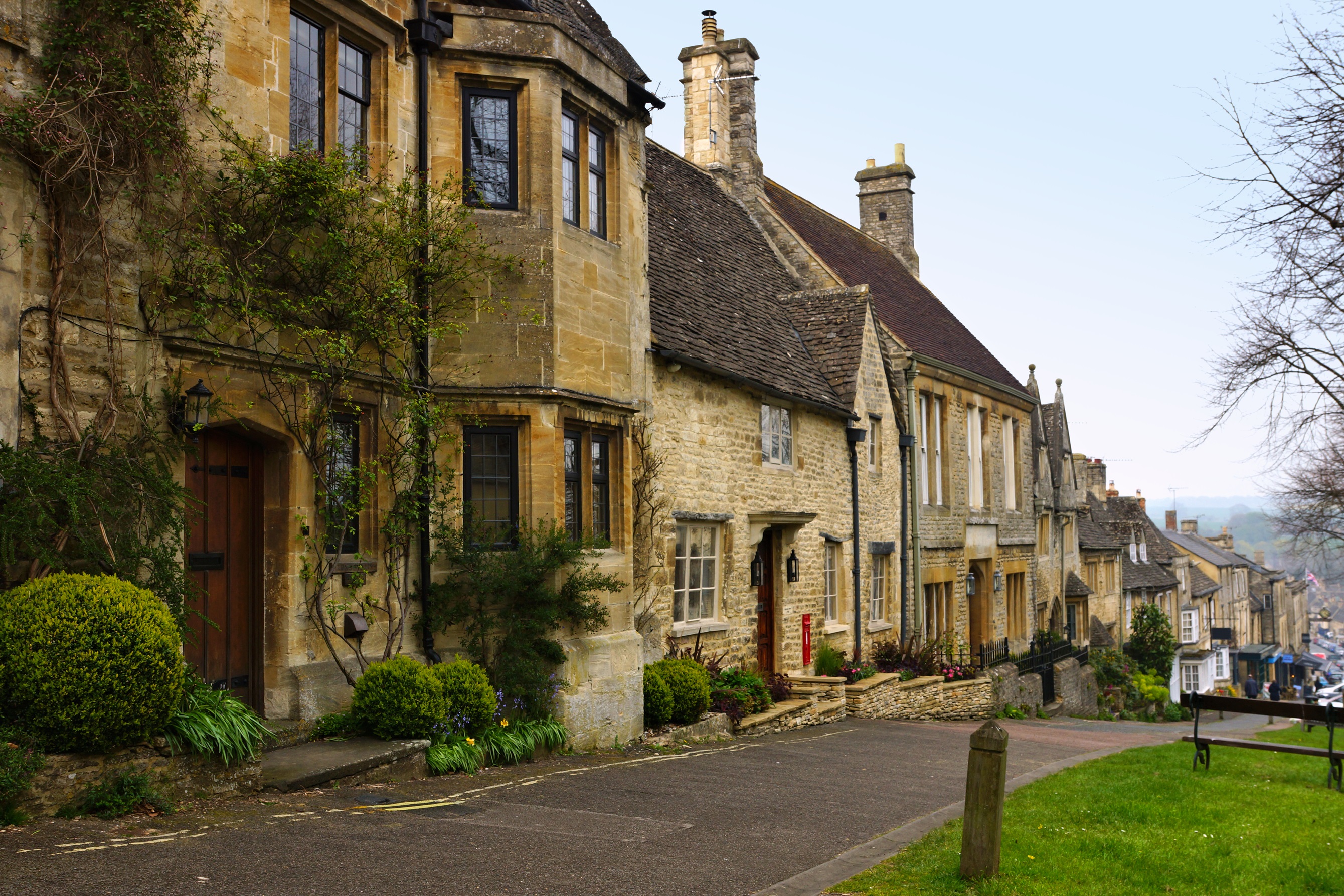1 Kelsey Park Road - Beckenham - Kent BR3 6LH
T: 020 8663 1964
Park Lane, Mayfair Office T: 020 7079 1559
info@charleseden.co.uk
Market Analysis: A Tale of Two Markets
The UK residential property market continues to confound the analysts, as sales and prices hold up relatively well in the first full month after the Brexit referendum.
The last four weeks saw a 1.2% (£3,600) fall in the average price of property marketed to £304,222 in August, according to Rightmove, whilst the biggest fall at 2.6% was in London.
However, Yorkshire and Humber and the West Midlands bucked the trend, with increases of 1.2% and 1.1%, respectively.
According to Land Registry, the volume for lending approvals for house purchases fell by 2.9% in June compared to May, but a word of caution is useful here: year on year increases viewed in isolation can be very misleading, as 2015 saw a post-election fillip to the market in the summer after a relatively poor first quarter. This year looked like a reversal, with the well-publicised stamp duty changes on second homes in April pulling many sales forward to ‘concertina’ buyer activity. Many experts predict that residential sales for this calendar year will be similar to last year, at between 1.0m and 1.1m properties, once again indicating a reasonably steady and predictable market.
Average days on the market before being declared ‘sold subject to contract’ rose slightly, with houses with four bedrooms or more taking 74 days, and three bedroom properties selling more quickly at 58 days - reflecting their being in relatively higher demand.
The reduction in asking prices may reflect a growing understanding amongst vendors that with an increasing number of properties now coming to market, more realistic price expectations may be required to attract quick offers.
It is also widely believed that the property market in the capital may already have been overheating before the vote, and this is therefore just a natural correction after several years of dramatic increases. The 15% depreciation in £ sterling should help attract overseas buyers to take advantage of significant potential savings compared to pre-referendum. Rents have also fallen in London as the number of available lettings properties rises (following the recent stamp duty changes).
There are currently a number of conflicting influences in play; many potential buyers are on holiday, and those that remain seem to be trying to drive harder bargains; yet the recent fall in interest rates should embolden potential buyers, especially with the availability of such attractive long-term fixed deals and the continued stability of house prices, albeit with slower annual increases.
We can also detect the undercurrent of an important ‘feel good’ factor, with Britain’s strong showing at the Olympics in Rio and a relative late summer heatwave. So far, pre Brexit forecasts of ‘doom and gloom’ have yet to materialise.
So the summary is that UK property investment remains relatively attractive for those that can access the necessary funds: if a little of recent sheen has come off, reducing its speculative allure, then this could be a good thing both for first time buyers and the economy as a whole.
Like this post? Read more like this here.





